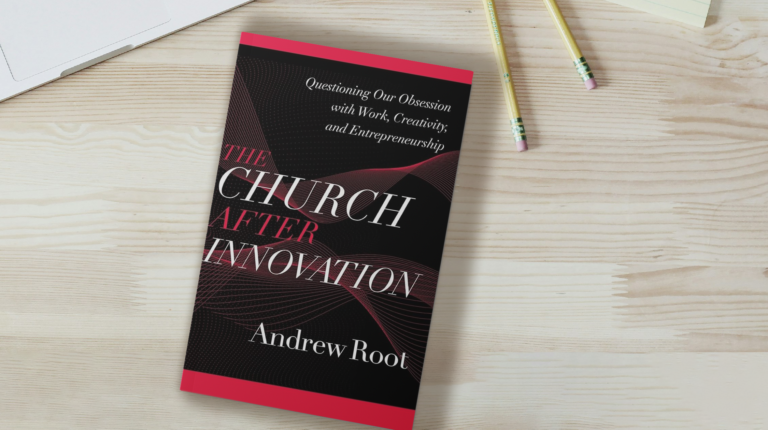If church can be after innovation, what is it now? Or, what do you mean by innovation?
I’m particularly interested in why “innovation” is showing up everywhere across Protestantism. It seems everyone wants to be innovative. I’m someone who thinks our words point to the imaginations we have for what is good. So why do we think it is good to be innovative? To call the church and its pastors to be innovators? This seems to have something to do with our sense of crisis. It seems to reveal that we think our issues are about lost resources and relevance, not lost visions for the living God. I want pastors and congregations to concern themselves not with lost market share, but the loss of transcendence. I’m not sure innovation can do the latter.
What is a way or two many of us see this play out at church on a Sunday?
It shows up when we start to think of what the church needs. And we tend to think what the church has lost is a secure institutional place. We often don’t talk of disobedience and sin (as, say, the Reformers did), but of a banality that we need creatives (pastors as creatives) to save us from. I don’t think our issue is just one of design, but much more theological and existential. It’s moral in depth.
Much of The Church After Innovation draws on the idea that the church is shaped by the economic system around them, especially Keynesian capitalism. Can you describe?
Innovation has a place inside capitalism. The church always exists in societies with dominant economic systems, and historically, the church either shapes or is shaped by these systems. Keynesianism in the mid-20th century led to an organized, or standardized, form of capitalism that denominationalism tended to follow. This new spirit of capitalism (as French thinkers Eve Chiapello and Luc Boltanski call it) is an artistic, expressive capitalism, one that demands we each be a singular self, and that our work be a place to be a kind of artist. But this is a ploy — a way for workers to stomach fewer protections and to see competition everywhere all the time. To me, this has huge ramifications for faith formation. If the church is forming communities, then we must ask: What do we think a human being is? If we say the church is about innovation, we need to extract the self that is constantly competing and performing through individualism. Innovation is not a neutral concept; it has moral ideals. We can still learn from innovation, even use it, but only after we unmask its moral ideals and deal with them. If we don’t, we will burn out our leaders, turning them in on themselves, where transcendence will be further lost, and the crisis worsened. I’m simply asking us to not take on categories of practice naively, but to reflect and think theologically.
